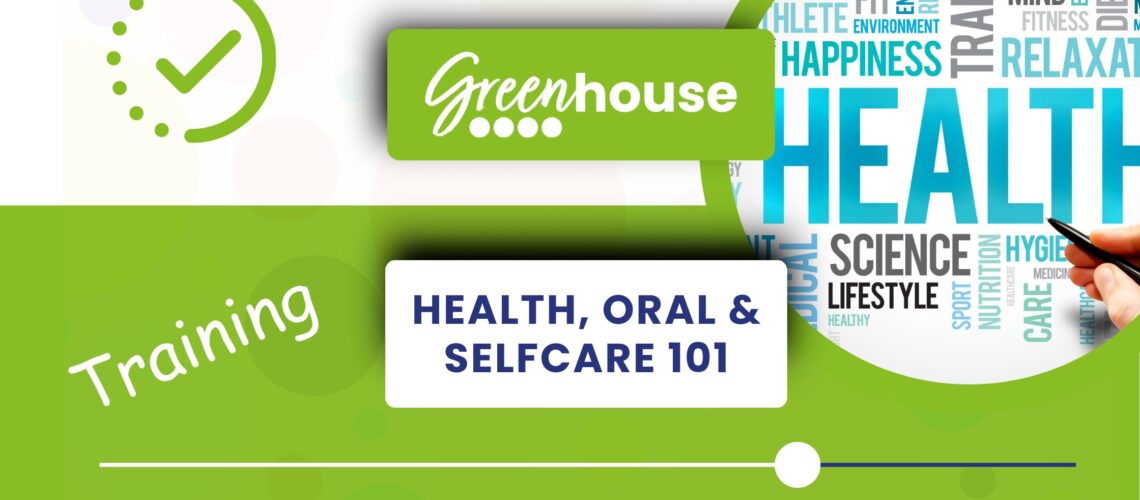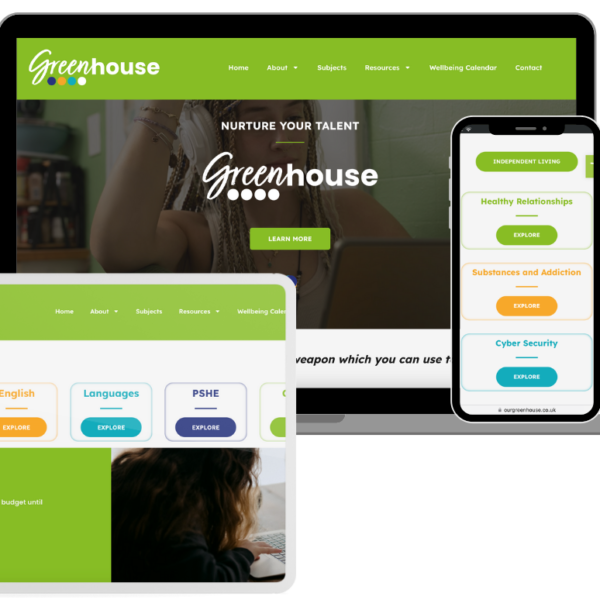Welcome to the 101 Guide for Health, Oral, and Self-care – Champion of Care.
This guide is designed to provide a comprehensive overview of the essential aspects of promoting and maintaining health, oral hygiene and self-care among young people. This guide will equip you with the knowledge and strategies needed to support young people in leading balanced, healthy lives. Within this 101 guide we have created sections. You can read through the section one by one or click on the section you need. We have comrised this 101 guide to help you in your role and get the best out of the young person in your care. At the end of this guide there are more useful links, resources materials and a quiz to put your learning to the test.
- What does it mean to be a health, oral and self care champion
- Maintaining a balanced diet and nutrition
- Understanding and Managing Physical Health
- Understanding Dental Health and Maintaining Hygiene
- Understanding Sexual Health and Reproductive Health
- Understanding Mental Health and Seeking Support When Needed
- Recognising and Addressing Substance Abuse
- Accessing and Utilising Healthcare Services
1. What does it mean to be a health, oral and self care champion?
As a Health, Oral, and Self-care Champion of Care for young people, you play a crucial role in the well-being of the next generation. Your position focuses on three interconnected areas: health, encompassing physical and mental well-being; oral care, promoting good dental hygiene; and self-care, teaching young people to care for themselves emotionally and physically.
Your responsibilities include educating, guiding, and supporting young people to build a strong foundation for lifelong health. This involves sharing knowledge, modeling good practices, and staying informed about the latest health and wellness developments. You must clearly communicate your role to young people while continuously educating yourself to provide accurate information.
Adapting your approach to different age groups and individual needs is essential, as is collaborating with others to provide comprehensive care. This guide offers vital definitions, practical information, and resources to help you excel in your role. It serves as a reference tool, making it easier to understand key concepts and find useful information as you work to improve young people’s health and well-being.
First, let’s start with some definitions

Definitions
Health refers to the overall well-being of an individual, encompassing physical, mental, and emotional aspects. It involves maintaining a balanced diet, engaging in regular physical activity, and managing both physical and mental health effectively.
Oral health is the state of being free from mouth and facial pain, oral infections and sores, gum disease, tooth decay, and other diseases and disorders that limit an individual’s capacity to bite, chew, smile, speak, and their psychosocial wellbeing.
Self-care includes activities and practices that individuals engage in regularly to maintain and enhance their health and well-being. This involves personal hygiene, managing stress, accessing healthcare services, and adopting healthy lifestyle habits.
2. Maintain a balanced diet and nutrition
What does healthy eating and maintaining a balanced diet mean for young people? This section explores the fundamentals of nutrition and its importance in supporting growth, development and overall well-being. Within your role you will be responsible for ensure your young person has the correct knowledge around nutrition and gets the right food in them depending on the individual. This is not one size fits all!
You may want to find and learn strategies to encourage healthy eating habits among young people, ways to make nutritious food appealing and how to address common challenges like picky eating or unhealthy food preferences.
But first do you know what a balanced diet is?
3.Understanding and managing physical health
What is physical health?
As a definition, physical health refers to the overall condition of a person’s body and its ability to function optimally. It encompasses proper nutrition, regular exercise, adequate sleep, and the absence of illness or injury. Good physical health supports growth, energy levels, immune function, and the body’s ability to perform daily activities efficiently and without discomfort.
Being a health, oral and self care champion, you will be managing the young person’s physical health and as such you will be responsible for:
Encourage regular medical check-ups and screenings to monitor and maintain physical health. Explain the importance of preventative care.
Educate on recognising symptoms of common illnesses and understanding when to seek medical attention. Provide information on managing minor health issues at home. (Access to home remedies if needed)
Support young people with chronic conditions in managing their health, including medication adherence and lifestyle modifications. Offer resources and support groups for those with chronic illnesses.
Highlight the importance of staying up to date with vaccinations to prevent illnesses. Provide schedules and reminders for necessary vaccines.
Promote the importance of adequate sleep for overall health. Provide tips on establishing healthy sleep routines.
Physical Health
Physical activity is crucial for maintaining good physical health. It strengthens muscles and bones, improves cardiovascular fitness, boosts energy levels and helps maintain a healthy weight. Regular exercise also enhances mental health, reduces the risk of chronic diseases, and promotes better sleep. For young people, it’s essential for proper growth, development, and establishing lifelong healthy habits.
So where do you fit in?
Promoting activities
Encourage participation in regular physical activities that are enjoyable and sustainable. Provide examples of different types of exercises and their benefits.
Exercise education
Provide information on the benefits of physical activity for physical and mental health. Discuss how to start and maintain an exercise routine.
Programe development
Develop and support exercise programs that cater to different fitness levels and interests. Offer group activities and classes to foster a sense of community.
Safety
Teach the importance of warming up, cooling down, and using proper techniques to prevent injuries.
Track progress
Encourage tracking physical activity and setting goals to stay motivated.


1 thought on “Health, Oral & Self Care 101”
Thanks for taking the time to put this together! I can’t wait to implement some of these ideas. Excellent post with lots of actionable advice! I’ve been searching for information like this for a while. I enjoyed reading this and learned something new.